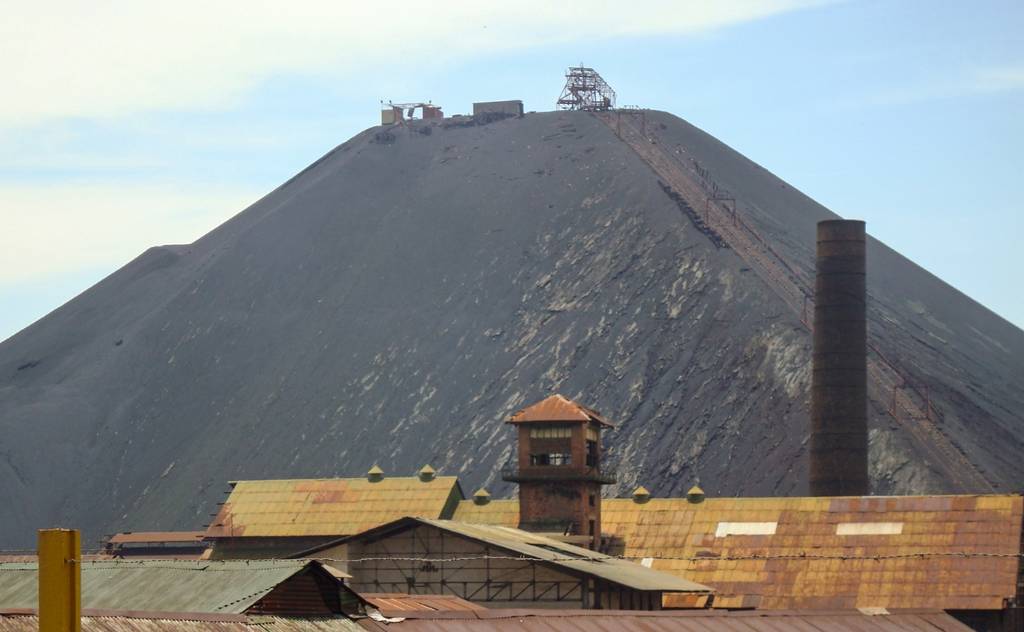DRC Mining Code Opts for Economic Patriotism at Investors’ Expense

On 9 March 2018, the Democratic Republic of Congo (DRC) enacted Law No. 18/001 amending its Mining Code of 2002. The 2002 code sought, above all, to liberalise the country’s mining sector and reduce applicable taxation in order to attract foreign investment and make the industry more competitive internationally. The hope was that this would stimulate the economy of this war-torn country and help the fight against poverty. However, despite an increase in mining activity, the code failed to deliver the economic, social and environmental benefits that the government had expected. For this reason, in 2012 the government initiated a revision of the 2002 code. The 2018 code is the result of that revision and includes important changes on all three fronts.
Given that one of the government’s chief concerns in revising the Mining Code was to increase state revenue from mining activities, it will come as no surprise that the new code increases the rates of royalties payable by holders of mining concessions. According to Article 241 of the revised law, the rate for iron and ferrous metals rises from 0.5% to 1%, and the rate for non-ferrous metals from 2% to 3.5%. Further, a new category of so-called “strategic substances” has been created, to which a rate of 10% applies. Minerals defined as “strategic” include those from which the government wishes to derive maximum return while demand is high and before reserves run out. It is possible that they will include cobalt, of which DRC is the world’s top producing country.
Furthermore, under the new code, the royalties are calculated on the basis of the gross commercial value of the product and become due when the product leaves the site of extraction. Under the 2002 code, they were calculated on the basis of the net value of sales after deduction of transport, product control, insurance and marketing costs and became due when the product was sold.
The new code also provides, in Article 251 bis, for a special tax of 50% on superprofits, which are defined as profits generated when commodity prices increase by more than 25% compared to those mentioned in a project’s bankable feasibility study. This is not without significance given the volatility of commodity prices, and particularly the upsurge in the price of cobalt.
Other amendments of a financial nature include the obligation for exporters of minerals to repatriate to their DRC bank account a larger proportion of their export income than was the case under the old code.
On the social and environmental fronts, DRC has introduced reforms that increase state control over mining activities and recognise the needs of the Congolese people. It has extended the scope of the code to the storage and transportation, as well as the exploration, extraction and processing, of minerals. It has also increased the state’s stake in the capital of mining companies from 5% to 10% (Art. 71) and requires that 0.3% of turnover be allocated to local development needs (Art. 285). Significantly, the new code plays down the references to private enterprise when defining the state’s role as promoter and regulator of the development of the mining sector (Art. 8).
The new code seeks to give the local population a greater role in the country’s mining industry. For example, mining activities are brought within the scope of DRC’s law on subcontracting in the private sector, meaning that they can be subcontracted only to companies whose capital is held predominantly by Congolese citizens (Art. 108); at least 10% of the capital of mining companies must be held by Congolese citizens (Art. 71); and only Congolese citizens are permitted to conduct artisanal mining operations (Art. 26).
New criminal offences have also been introduced to help achieve the aims underlying the revised code. They include the pillaging of natural mineral resources, punishable by imprisonment and a fine of between USD 250,000 and USD 500,000; the infringement of human rights, punishable by a fine of USD 10,000 per day for the duration of the infringement or by a fine three times the value of the products traded; and the undermining of transparency and traceability in the mining industry, punishable by a fine of between USD 100,000 and USD 1,000,000.
These are but some examples of the changes introduced in DRC’s new Mining Code. They explain the concern that has been expressed by foreign investors as to the impact of the new legislation on their activities. Not only are they exposed to new obligations, but the stabilisation period during which their rights under the code are protected has been reduced from ten to five years, creating a risk of further changes and greater unpredictability in the years to come.
For companies and individuals seeking to understand the implications of DRC’s new Mining Code, or even initiate legal proceedings to protect their interests, informed advice is essential. John W Ffooks & Co stands ready to provide its clients with the guidance indispensable to navigating and acting upon the new legislation.
Sources
- DRC Law 18/001 of 9 March 2018 amending and complementing Law 007/2002 of 11 July 2002 (in French), http://congomines.org/system/attachments/assets/000/001/467/original/J.O._n°_speìcial_du_28_mars_2018_CODE_MINIER.PDF.pdf?1523182711
- Law 007/2002 of 11 July 2002 (in English and French), http://congomines.org/reports/101-code-minier-rdc-2002
- RDC: le code minier sera promulgué, Kabila promet “un dialogue constructif”, La Libre Afrique, 8 March 2018, https://afrique.lalibre.be/16423/rdc-le-code-minier-sera-promulgue-kabila-promet-un-dialogue-constructif/
- La RDC révise son code minier pour tirer profit du boom du cobalt, La Libre Afrique, 11 January 2018, https://afrique.lalibre.be/13343/la-rdc-revise-son-code-minier-pour-tirer-profit-du-boom-du-cobalt/
- Kawara, Patrick, Révision du Code minier de la RDC, Niragongo Télévision, 30 March 2018, http://nyiragongotelevision.com/revision-du-code-minier-de-la-rdc/
